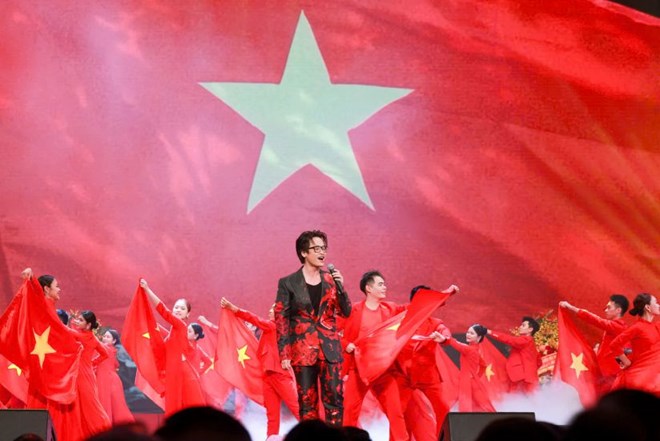
Art performance at the ceremony celebrating the 80th anniversary of the founding of the Government of the Socialist Republic of Vietnam. Photo: Hai Nguyen
From Cultural Outline to the Endogenous Strength of the Nation
Before the August Revolution, in the context and burning issues of the country, in 1943, General Secretary Truong Chinh began drafting the Outline of Vietnamese Culture. This outline is considered the first manifesto and platform of our Party on culture and revolution, with the meaning of enlightenment, paving the way for the Vietnamese revolution, especially in the fields of ideology and culture; shaping the basic viewpoints and principles for that period and continuing to be supplemented and developed in the following years.
Over the past 80 years, the way the Cultural Outline has been posed has been very modern: Culture includes ideology, academia and art; the cultural front is one of three fronts (economic, political , cultural) where communists must operate; not only must we make a political revolution but also a cultural revolution; only by leading the cultural movement can the Party influence public opinion and the Party's propaganda be effective.
Immediately after the success of the August Revolution, in the first days of the young Democratic Republic of Vietnam, President Ho Chi Minh - a national hero and world cultural celebrity - considered culture a front, equal to the fight against famine and foreign invaders.
At the first National Cultural Conference in 1946, President Ho Chi Minh said: “Culture must be such that everyone has the ideal of self-determination, independence, and freedom. At the same time, culture must be such that the people have the spirit of forgetting themselves for the country, forgetting their own interests for the common good. Culture must be such that every Vietnamese person, from old to young, both men and women, understands their duties and knows how to enjoy the happiness they should enjoy. Culture must light the way for the people to go.”
That viewpoint has become the motto and guideline for the cause of building and defending the country of the Vietnamese people.
Revolutionary history has proven that vision. During the resistance wars against France and the US, culture became an invaluable spiritual weapon, a flame that kept faith and ideals alive.
Regarding the role of culture and artists in the struggle to defend the country, at the meeting of artists and writers on December 30, 2024, General Secretary To Lam emphasized: In the two long-term resistance wars against French colonialism and American imperialism, which were full of hardships but extremely glorious and proud, many artists and writers held guns, pens, and instruments, always standing side by side with all classes of people and the entire nation, ready to dedicate themselves, bravely sacrifice, and take the lead on the ideological and cultural front.
“Familiar authors such as Ho Chi Minh, Song Hong, To Huu, Van Cao, Pham Tuyen, Luu Huu Phuoc, Hoang Van, Do Nhuan, Nguyen Thi, To Ngoc Van, Tuong Vy, Tra Giang… and many other famous artists and writers have spread the revolutionary spirit to all parts of the country, praising the bravery and encouraging the fighting spirit of our army and people on the battlefield, becoming a great source of encouragement on all fronts, leaving a deep impression in the hearts of the people and a valuable cultural heritage, helping future generations better understand the value of independence, freedom and the sacrifice of our ancestors,” said the General Secretary.
The 6th Party Congress in 1986, with the motto of Renovation, opened a new era, bringing the country out of crisis and integrating with the world. During that journey, culture once again proved its role in shaping identity and affirming Vietnam's position in the international community.
Resolution of the 5th Central Committee (VIII term) in 1998 on building and developing an advanced culture imbued with national identity was an important milestone, laying the foundation for the cause of comprehensive innovation.
“80 years of guiding the way” - culture is the foundation and driving force for development
The 13th National Party Congress continued to affirm: Building and promoting cultural values and the strength of the Vietnamese people is one of the pillars of sustainable development. Culture is placed on par with politics, economics, society, national defense and security. That proves that, after 80 years, the viewpoint of "culture guides the nation" still holds true, serving as a compass for all stages of development.
The XIII Congress documents emphasize the need to build a system of national values, a system of cultural values, and standards for Vietnamese people in the new era. Culture does not stop at preserving heritage, but must create endogenous strength, arouse the desire for development, nurture patriotism, self-reliance, solidarity, humanity, and tolerance.
Reality in recent years has shown that, despite facing many challenges - from the COVID-19 pandemic, climate change, to the negative impacts of globalization - culture is still the connecting thread, creating the strength of national unity. Community campaigns, artistic creations, and humanistic values spreading in difficulties have proven that culture is a strong spiritual pillar.
Entering a period of development and deep integration, Vietnamese culture faces many opportunities but also many problems. Among them, there is a risk of cultural identity fading away in the globalization process. Along with the development of technology and social networks, foreign entertainment products are more accessible, especially to young people, and in those cultural products, many products contain unhealthy content, even going against Vietnamese traditions and culture.
Currently, one of the top requirements is to develop the cultural industry . In the global trend, culture is not only a spiritual field but also a key economic sector. Vietnam needs to turn its heritage and national identity into valuable cultural products, creating competitiveness and making a greater contribution to GDP.
And the important thing is to build a system of values for the Vietnamese people in the new period. As General Secretary To Lam emphasized, culture must build personality, foster morality, intelligence, courage, and nurture the aspiration to build a strong country. This is the central task of culture in the new period of development.
Associate Professor Dr. Bui Hoai Son - Member of the National Assembly's Committee on Culture and Society said: "It is time for us to revive art education, not only to create more professional artists, but also to form a generation of citizens who love beauty, know how to live humanely and creatively."
Improve the people's knowledge and cultural education for the young generation by promoting education on history, tradition, ethics, and lifestyle; making culture the foundation for shaping the personality of the new generation. Invest in literary and artistic creation, create conditions for artists to penetrate reality, commit themselves, thereby creating works that will last a lifetime, have a strong impact, and arouse national pride.
In addition to preserving and promoting cultural heritage, developing cultural industries is an important task. Vietnam's goal is that by 2045, Vietnam's cultural industries will strive to contribute 9% of GDP and attract 6 million workers, becoming a developed country in cultural industries in the Asian region, while affirming Vietnam's position on the world cultural industry map.
The draft Political Report of the 13th Party Central Committee submitted to the 14th Party Congress sets out the task: "Developing human resources and developing culture truly becomes the foundation, endogenous strength, and great driving force for the rapid and sustainable development of the country".
Over the past 80 years, culture has truly become a torch illuminating the nation’s journey. Culture is an invaluable spiritual resource, an endogenous strength, the mettle and soul of Vietnam. In the new era, culture continues to shoulder a heavy responsibility: both preserving the nation’s character and identity, fostering the desire for development, and creating soft power for Vietnam to integrate and affirm its position in the international arena.
Culture will continue to shoulder the responsibility of "lighting the way for the nation" on the journey towards the 2045 goal - building a strong, prosperous, and happy Vietnam.
Source: https://laodong.vn/van-hoa-giai-tri/80-nam-van-hoa-soi-duong-cho-quoc-dan-di-1561868.ldo



![[Photo] General Secretary To Lam attends the opening ceremony of the National Achievements Exhibition](https://vphoto.vietnam.vn/thumb/1200x675/vietnam/resource/IMAGE/2025/8/28/d371751d37634474bb3d91c6f701be7f)
![[Photo] Politburo works with the Standing Committee of Cao Bang Provincial Party Committee and Hue City Party Committee](https://vphoto.vietnam.vn/thumb/1200x675/vietnam/resource/IMAGE/2025/8/28/fee8a847b1ff45188749eb0299c512b2)
![[Photo] Red flag with yellow star flutters in France on National Day September 2](https://vphoto.vietnam.vn/thumb/1200x675/vietnam/resource/IMAGE/2025/8/28/f6fc12215220488bb859230b86b9cc12)

![[Photo] General Secretary To Lam presents the 45-year Party membership badge to comrade Phan Dinh Trac](https://vphoto.vietnam.vn/thumb/1200x675/vietnam/resource/IMAGE/2025/8/28/e2f08c400e504e38ac694bc6142ac331)
![[Photo] Prime Minister Pham Minh Chinh meets with Speaker of the New Zealand Parliament Gerry Brownlee](https://vphoto.vietnam.vn/thumb/1200x675/vietnam/resource/IMAGE/2025/8/28/cec2630220ec49efbb04030e664995db)
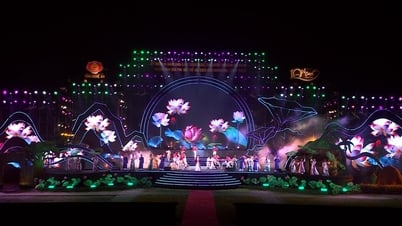

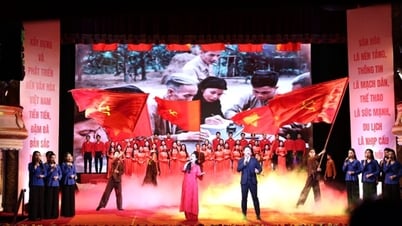

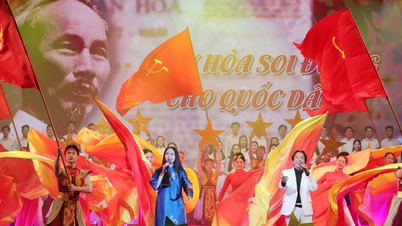



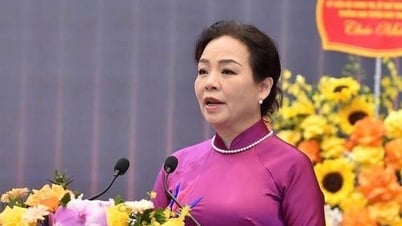

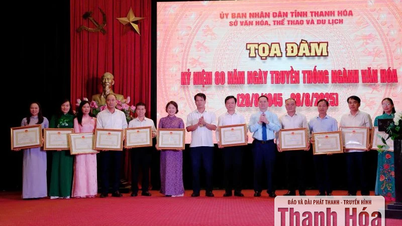





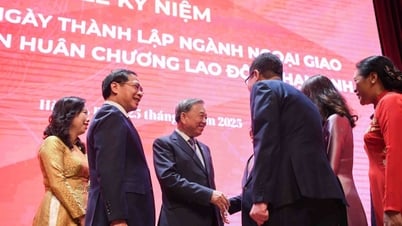

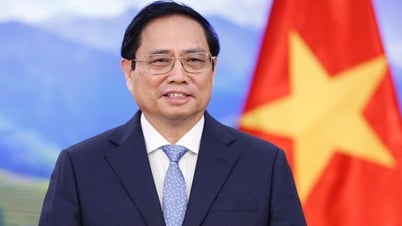


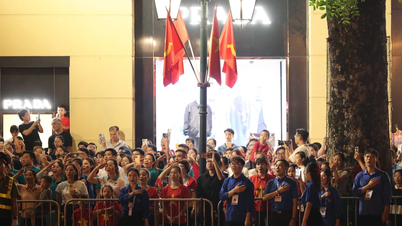





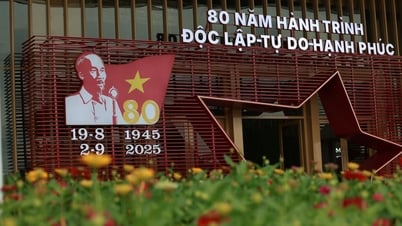
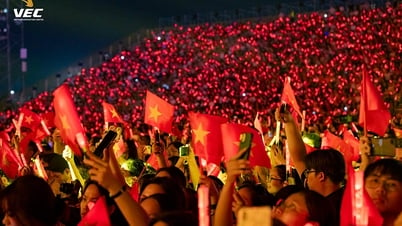
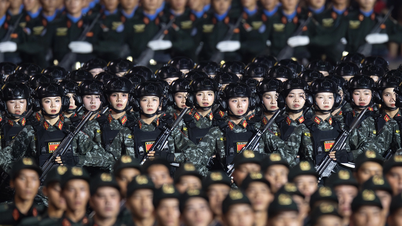
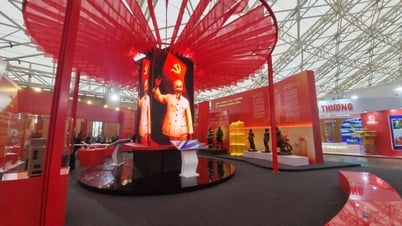
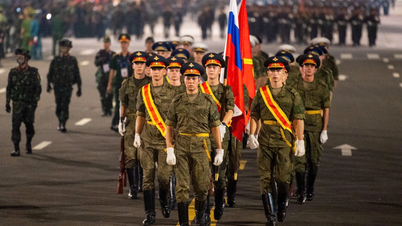
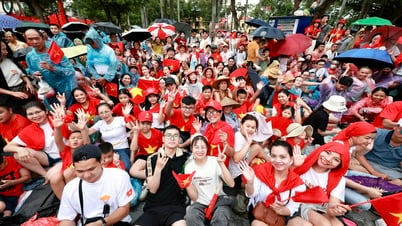






















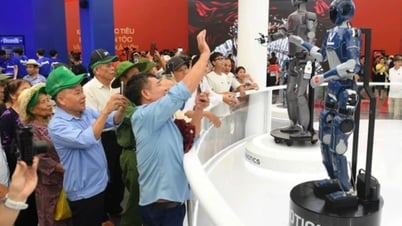

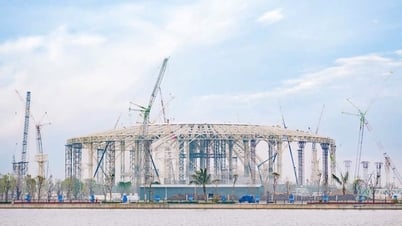









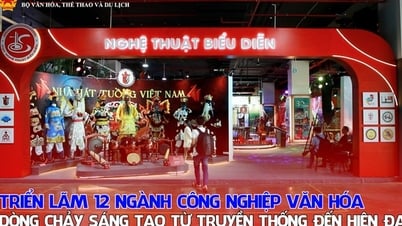




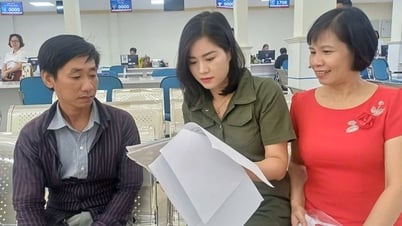
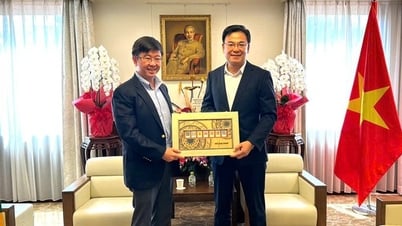
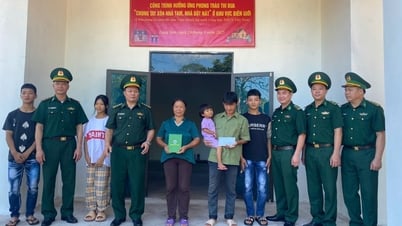

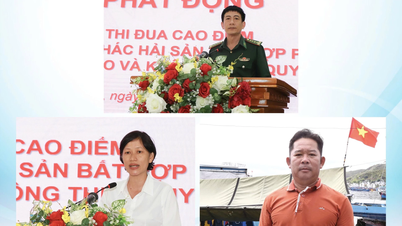


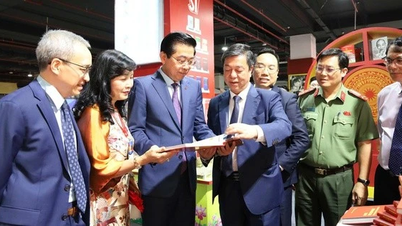

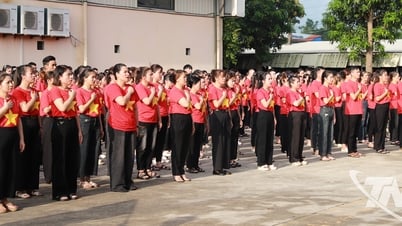














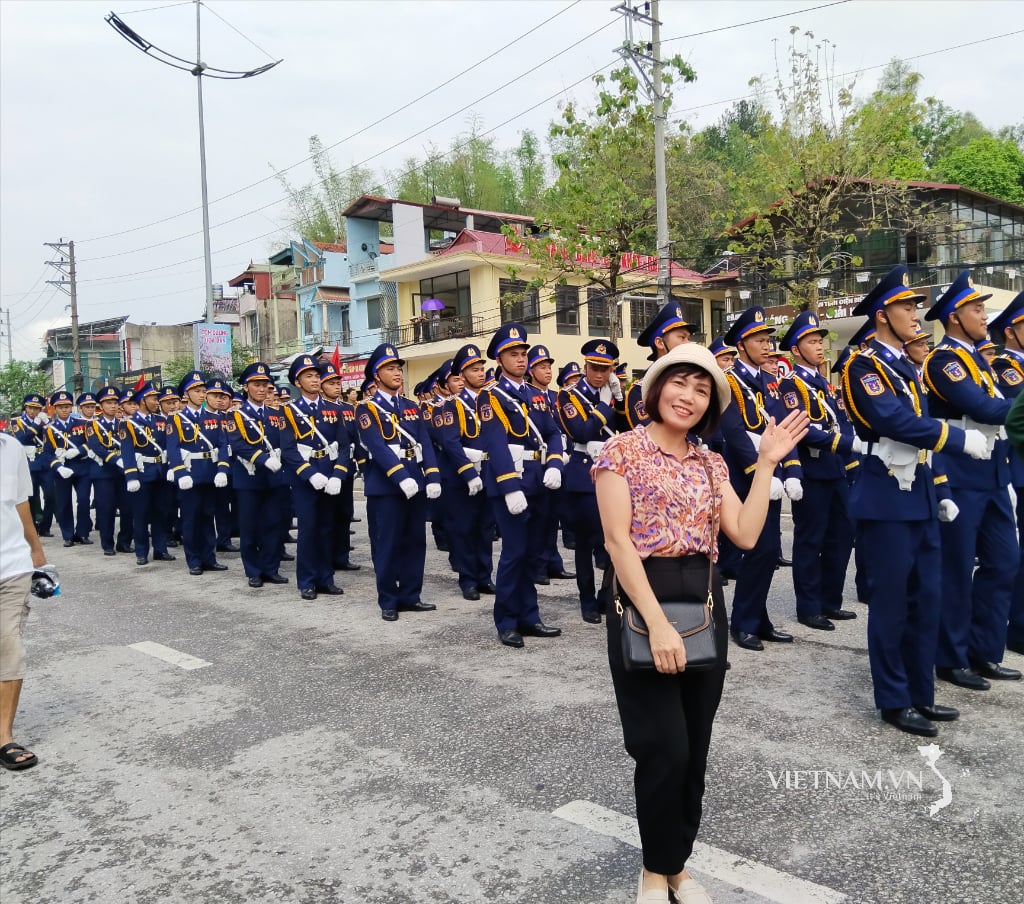
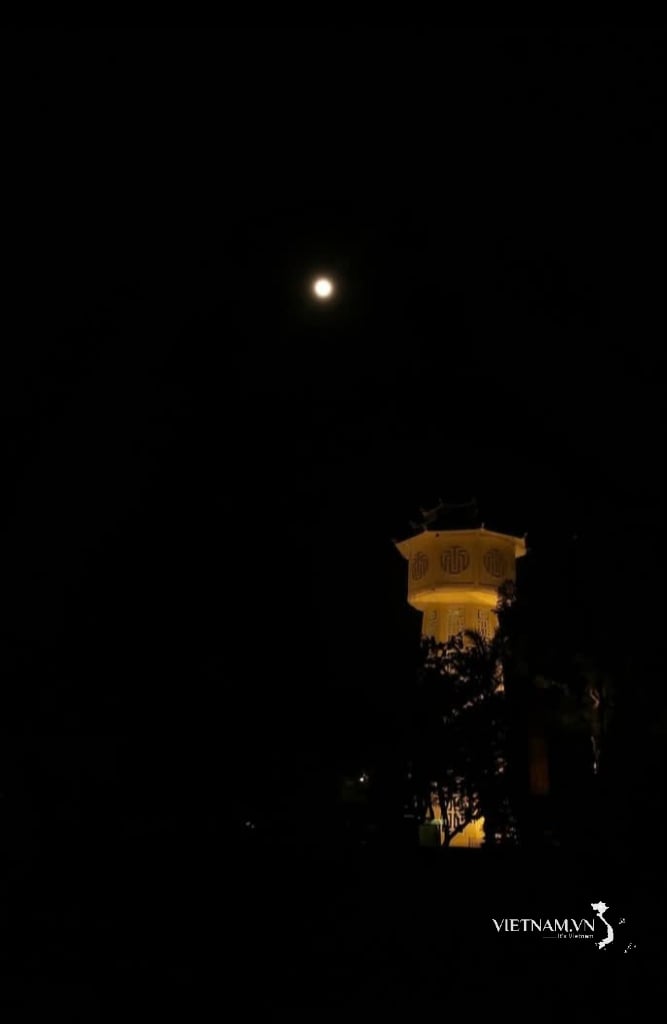

Comment (0)